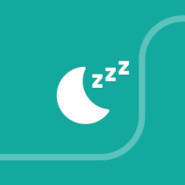Access to the unconscious
Hypnosis opens the doors directly to your unconscious, bypassing the filters of the conscious mind. In a hypnotic state, your mind is more receptive to suggestions and change, making it easier to explore the deep aspects of your unconscious.












